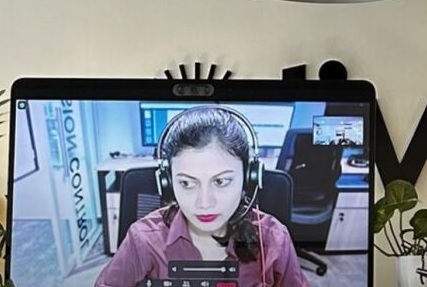During her stay, Narang was surprised to find no traditional front desk employees. Instead, the hotel relied on a futuristic approach—guests were welcomed and assisted via remote hospitality professionals through video conferencing. On-site, only two security guards and a few technicians were present to handle the physical aspects of operations. All other guest interactions, from check-in to concierge services, were managed by staff seated at the hotel’s headquarters, remotely overseeing multiple properties at once.
In her LinkedIn and X (formerly Twitter) post, Narang dubbed the experience a “Peak Bengaluru moment,” capturing the spirit of the city’s tech-forward innovation. “You’ll see this nowhere in India yet, except the Silicon Valley,” she noted, highlighting Bengaluru’s unique embrace of technology.
Her post ignited discussions across social media platforms, with many users marveling at the seamless integration of technology into hospitality. However, it also sparked debate about whether such innovations could truly replace the personal touch that has long been a hallmark of the hotel experience.
As virtual receptionists begin to emerge in Bengaluru’s hotels, the city offers a glimpse into the future of hospitality—a future where efficiency, automation, and digital convenience redefine the guest experience. Whether this model will gain traction across India and beyond remains to be seen, but Bengaluru, once again, is setting the pace for what’s possible.

